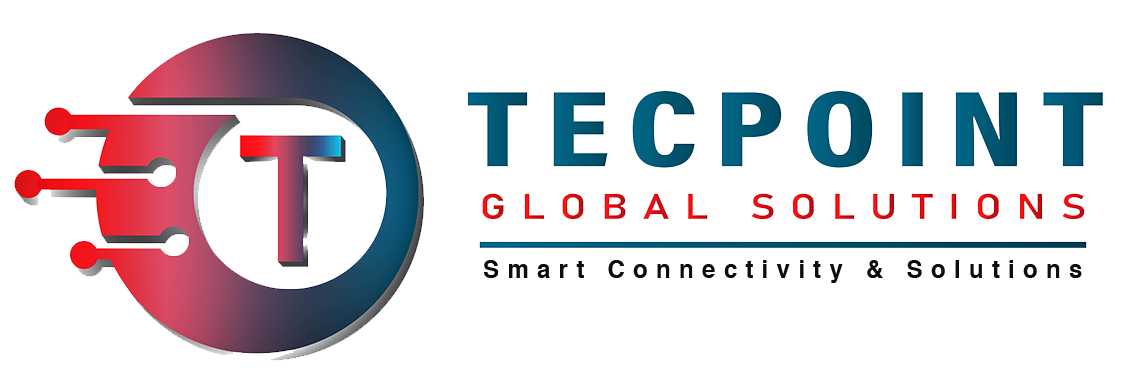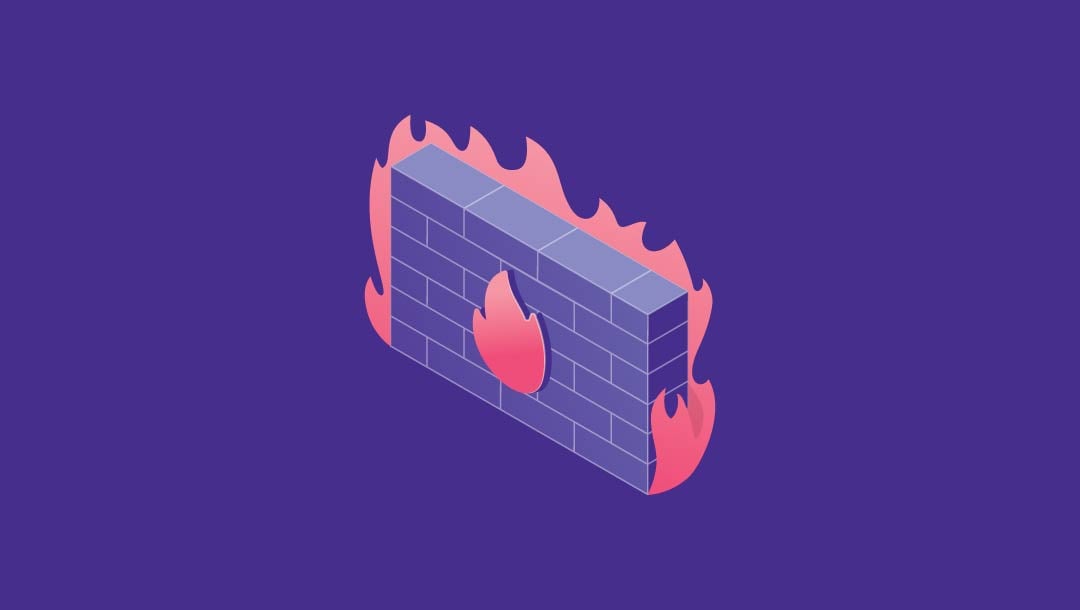The term “firewall” is used to refer to a structure that helped prevent the spread of fire. It is now most commonly used to describe a computer network security measure. Nonetheless, the basic premise remains the same.
A firewall is a security-focused component of a computer system that is intended to protect your network from a metaphorical computer fire, such as an invasion from external network threats that can cause damage to your internal network and, in effect, burn it down. Though packet filtering firewalls are still in use today, firewalls have advanced significantly as technology has advanced over the years.
Types of Firewalls
1) Packet filtering: A small amount of data is analyzed and distributed in accordance with the filter’s specifications.
2) Stateful inspection: Dynamic packet filtering is used to determine which network packets to allow through the Firewall by monitoring active connections.
3) Proxy service: Security system for networks that protects while filtering messages at the application layer.
4) Next-Generation Firewall (NGFW): Application-level inspection in a firewall.
What Functions Do Firewalls Serve?
A firewall is an essential component of any security architecture because it delegated host-level protection to your network security device. Firewalls, particularly Next Generation Firewalls, are focused on blocking malware and application-layer attacks. When combined with an integrated intrusion prevention system (IPS), these Next Generation Firewalls can detect and respond to outside attacks across the entire network quickly and seamlessly. They can set policies to better defend your network and perform quick assessments to detect and shut down invasive or suspicious activity, such as malware.
Firewall Features
A firewall can provide you with a variety of features. Before selecting the ones you require for your business, conduct some research.
For example, your firewall should allow you and your employees secure remote access. If you work remotely, you will access your company’s data through an external network. While connected, you may unintentionally send malware to the work network. And, without adequate security, you risk exposing your network to attack.
Assure that your firewall includes “site-to-site and client-based VPN tunnels” to protect your network during these remote access sessions.
Another thing to think about is whether you want a firewall with separate ports for different applications. Hackers will most likely target a standard port, so you should use a masquerade port for your most critical services. Consider it a disguise to confuse the bad guys.
Older firewalls did not allow you to see and control all of your network’s users and applications. Newer firewalls give you this level of control, allowing you to reduce your system’s vulnerability to outside forces.
What Makes a Firewall the First Line of Defense Against Cyber Attacks?
A firewall’s visibility and traffic filtering enable an organization to identify and block a large percentage of malicious traffic before it enters the network perimeter, providing defense in depth.
· Inbound Threat Blocking
While firewalls can be installed at various points throughout the corporate network, the most common location is at the network perimeter. The installation of a firewall at the network’s perimeter defines and enforces the boundary between the protected internal network and the untrustworthy public Internet.
· Providing Comprehensive Defense
Firewalls can also provide defense in depth for threats that manage to cross the network boundary. An organization can achieve greater visibility into internal traffic and make it more difficult for an attacker or malicious insider to move laterally within an organization’s network by segmenting the network with network firewalls.
· Providing Customized Security
Security requirements vary according to company size. Traditional firewalls may have been “one size fits all” in the past, but modern firewalls can be customized to meet the specific security needs of an organization.
Organizations operating industrial facilities and critical infrastructure, for example, face different threats and operate in different environments than traditional IT networks. Choosing an industrial firewall that can operate in harsh environments ensures that physical conditions have no effect on the company’s cyber security.
· Meeting Specific Security Requirements
Next-generation firewalls are also invaluable to an organization’s network security because they can protect the entire network infrastructure. As corporate networks expand and evolve, they frequently include a diverse set of endpoints, including traditional user workstations and servers, mobile devices, cloud-based infrastructure, and Internet of Things (IoT) devices. Securing a growing and heterogeneous network can quickly become very complex.
Advantages Of Using Firewalls
· Network traffic is monitored.
· Prevents Hacking
· Stops Virus Attacks
· Stops Spyware
· Promotes Privacy
Conclusion
Next-Generation Firewalls will continue to be considered an essential component of any organization’s security solution, whether it is a data center, network, or cloud, as the cyber security landscape evolves and attacks become more sophisticated.

